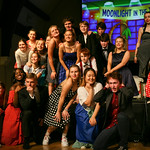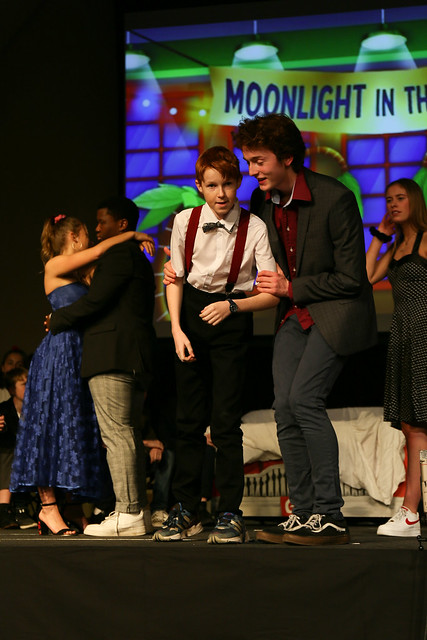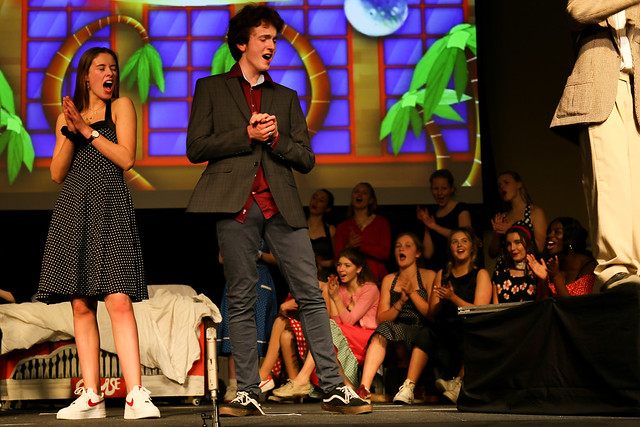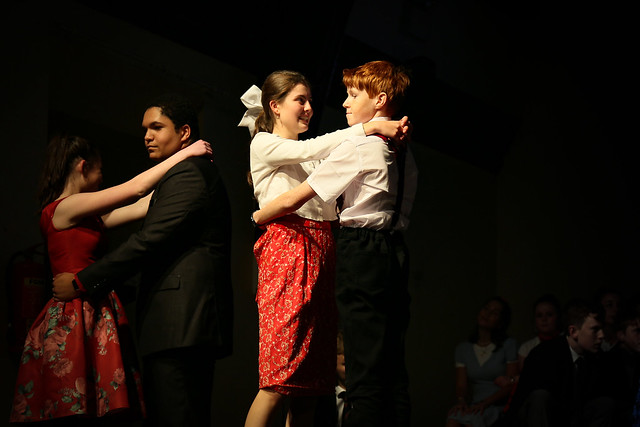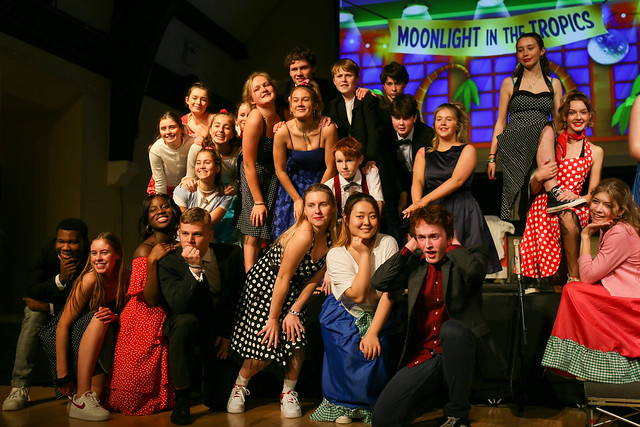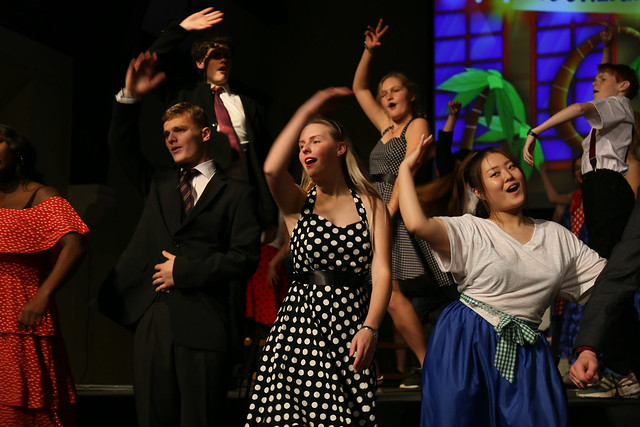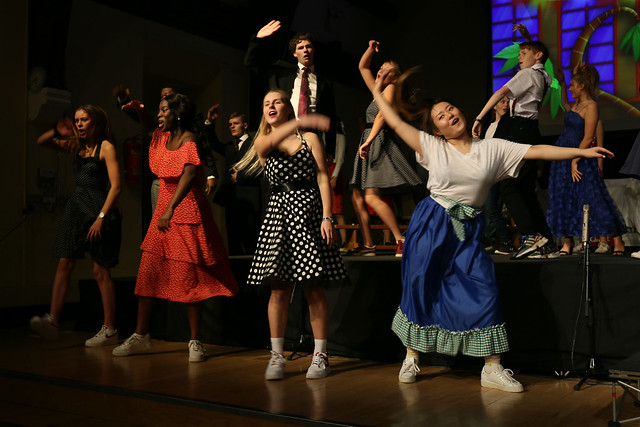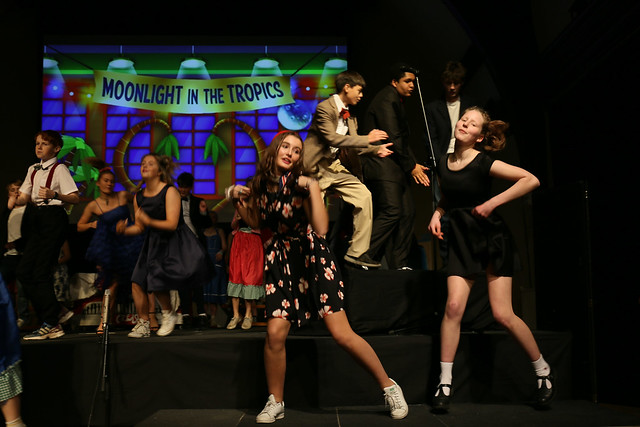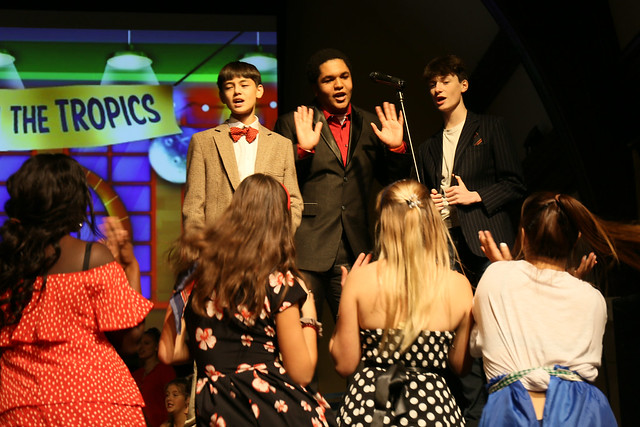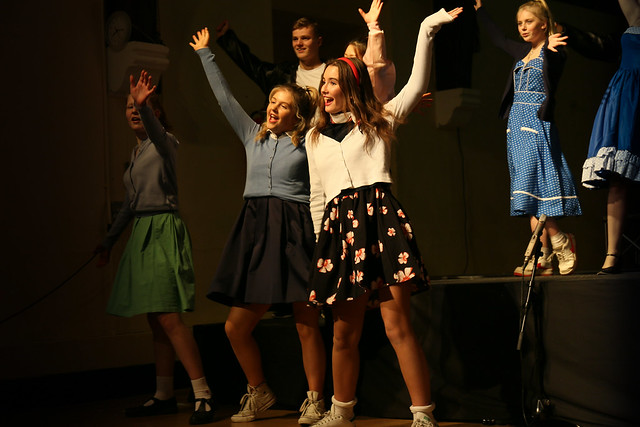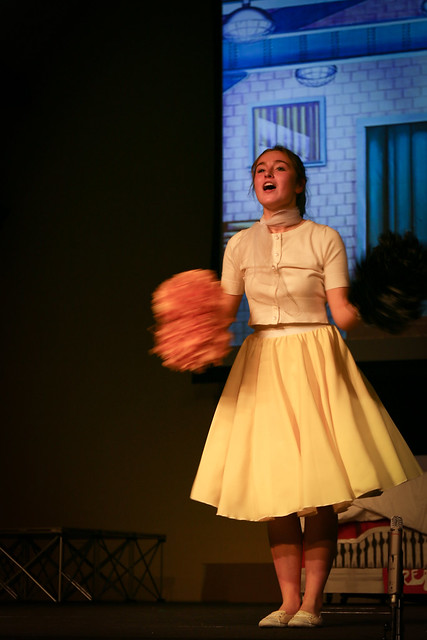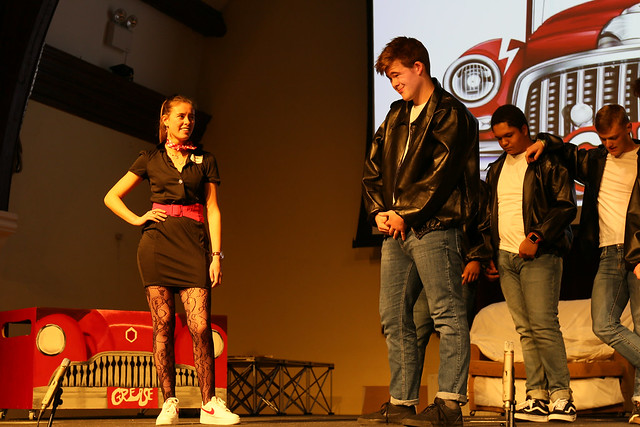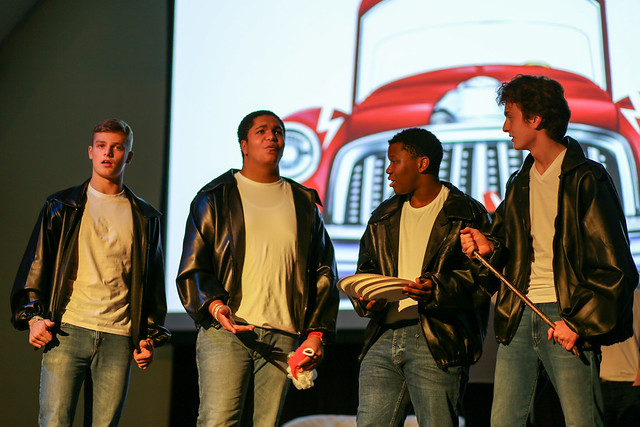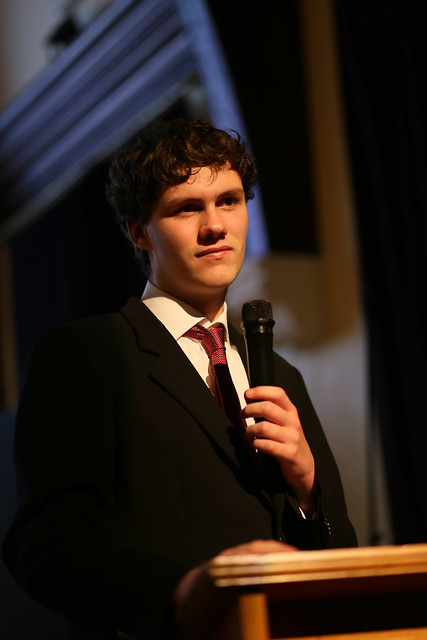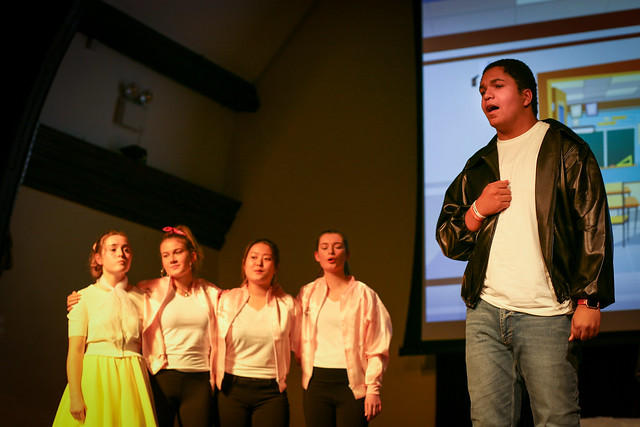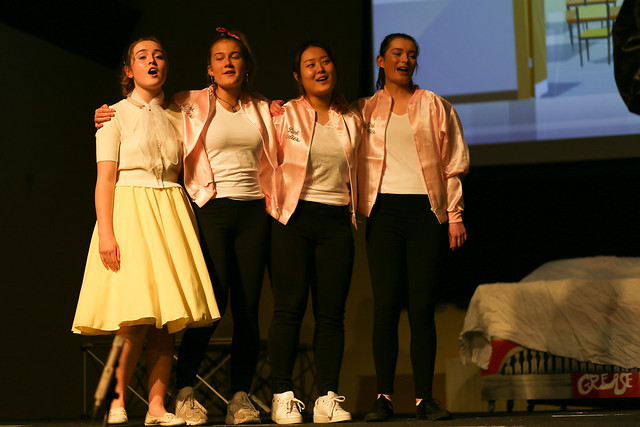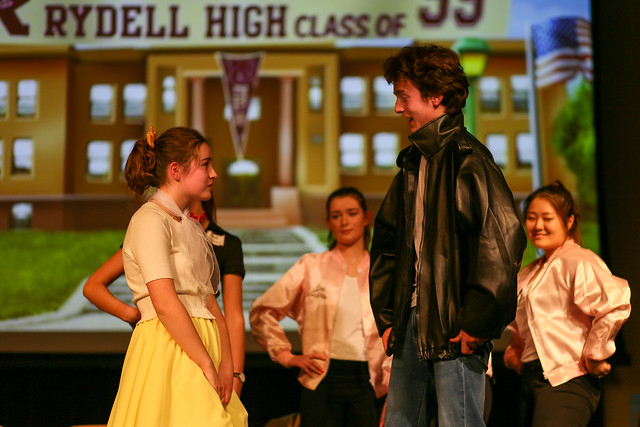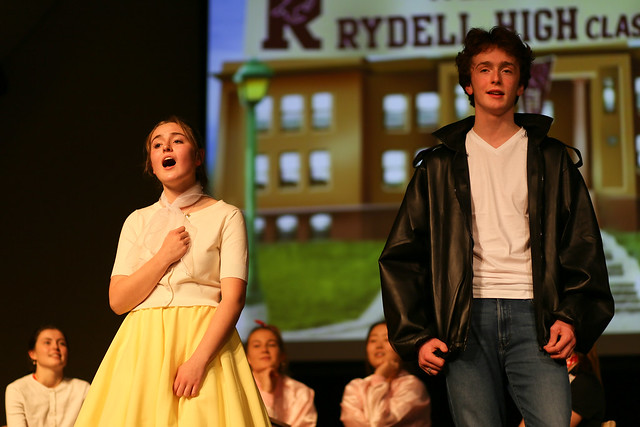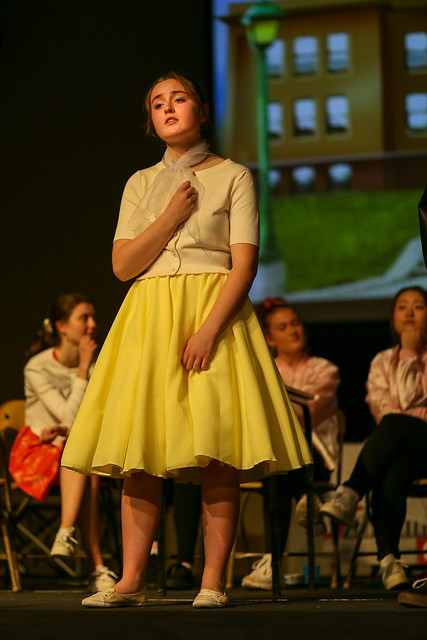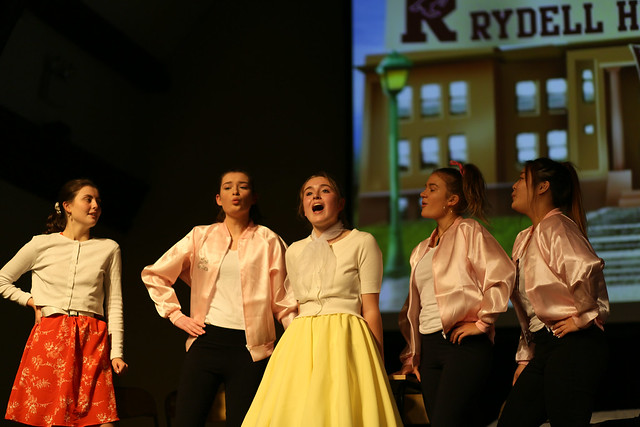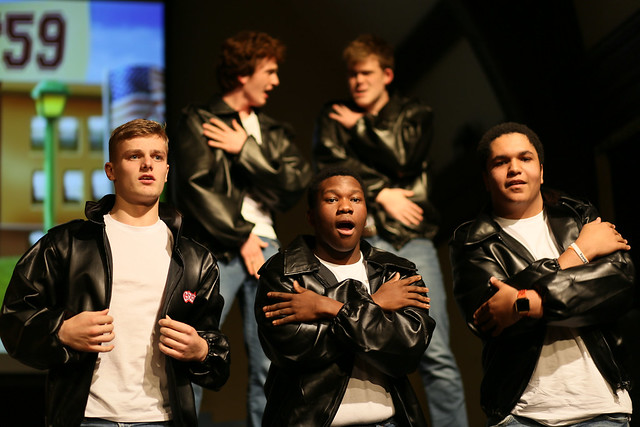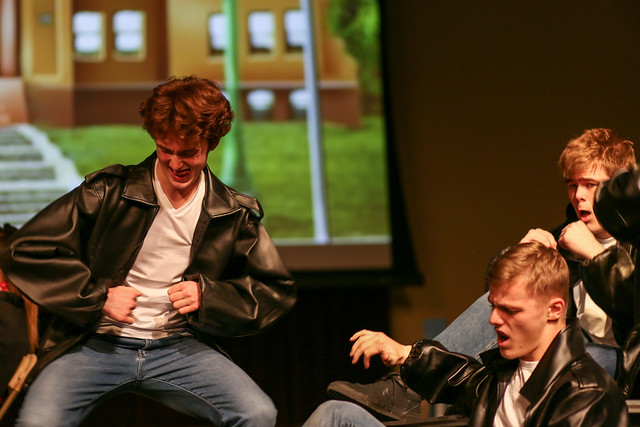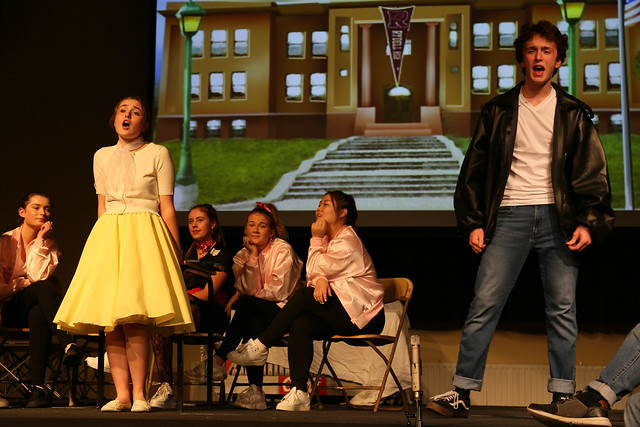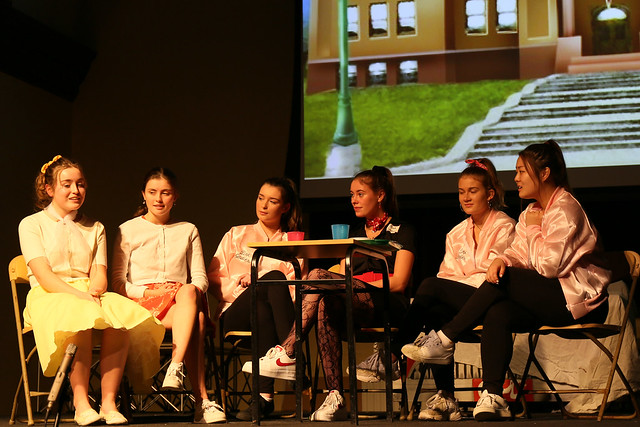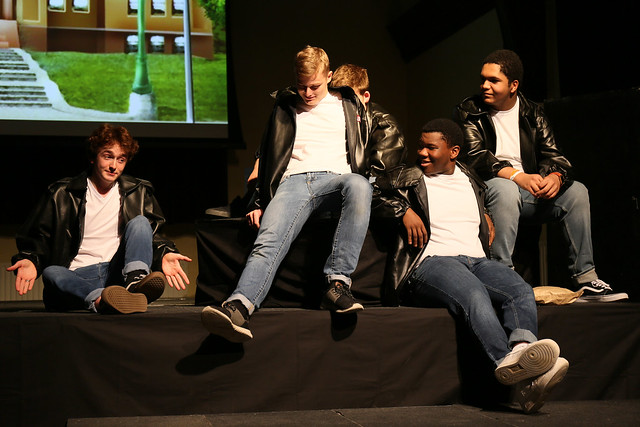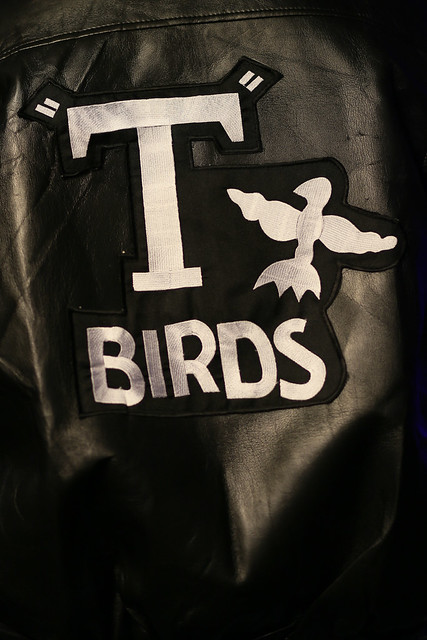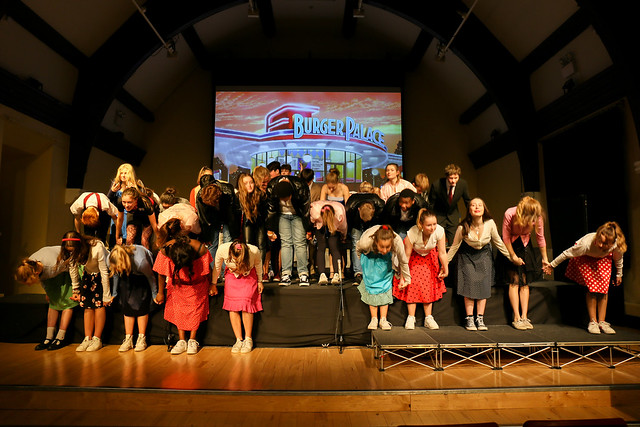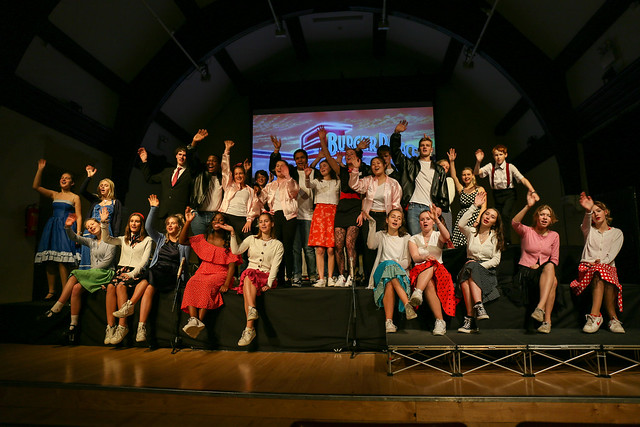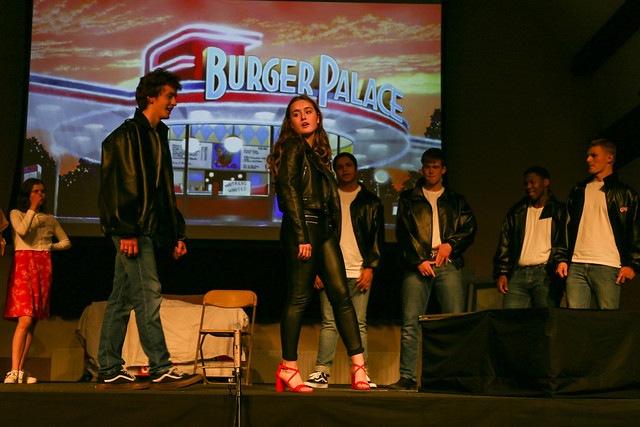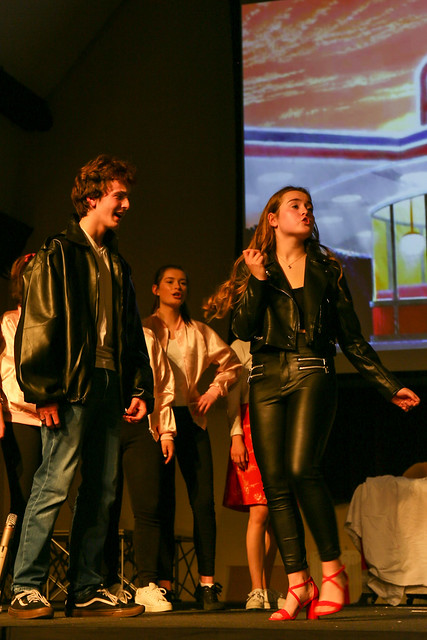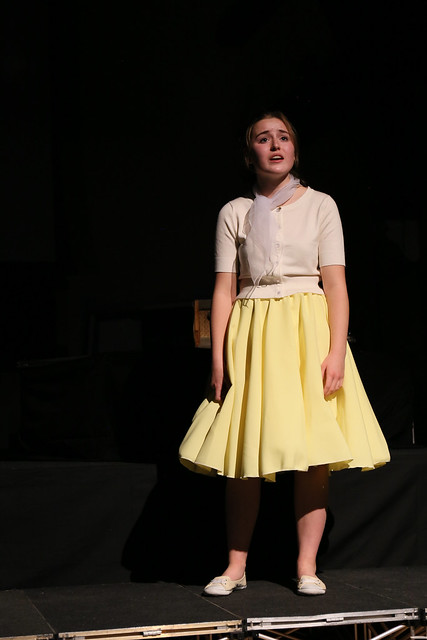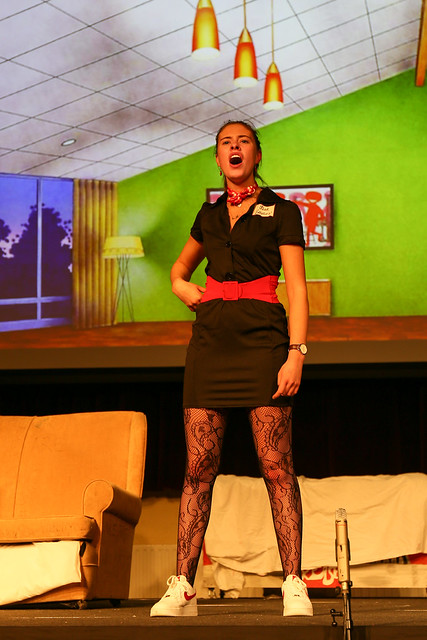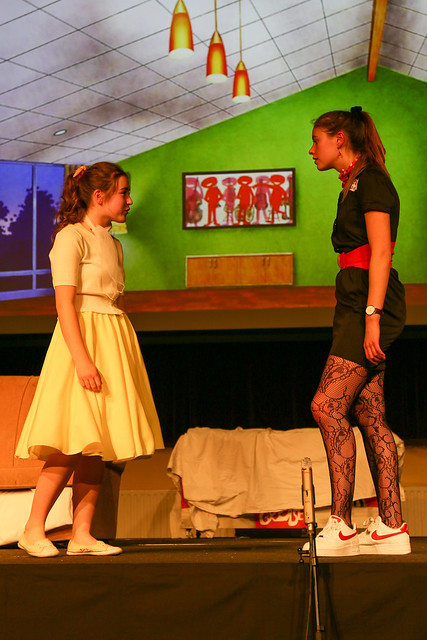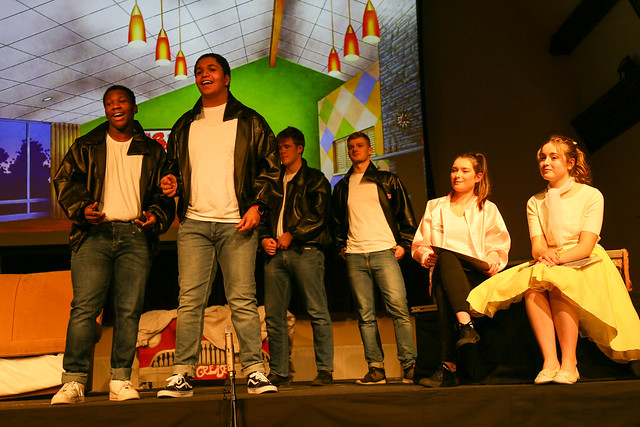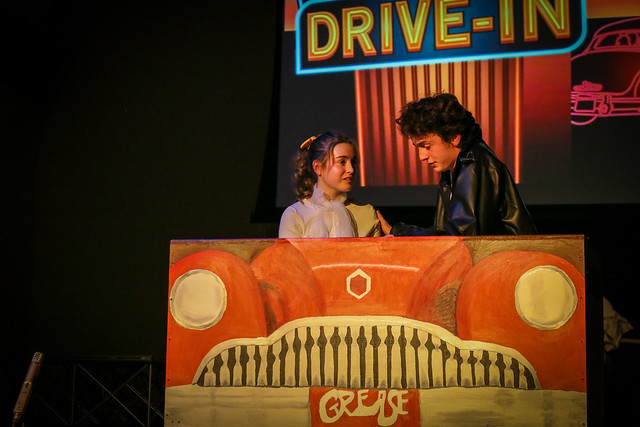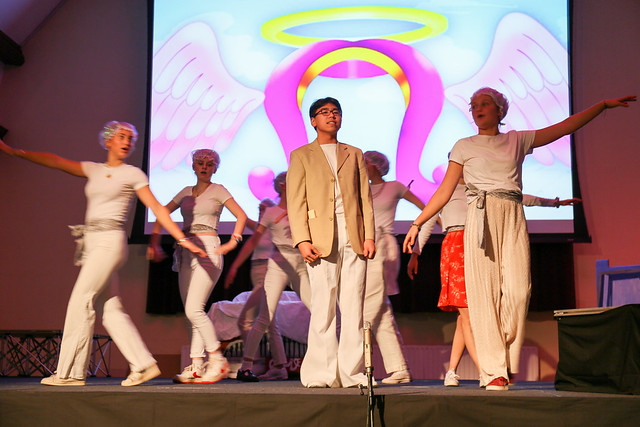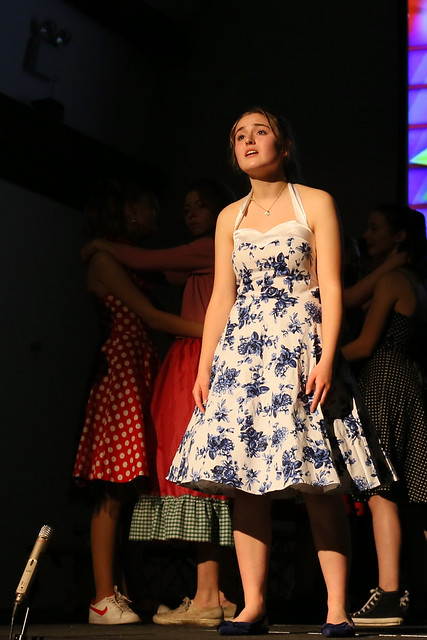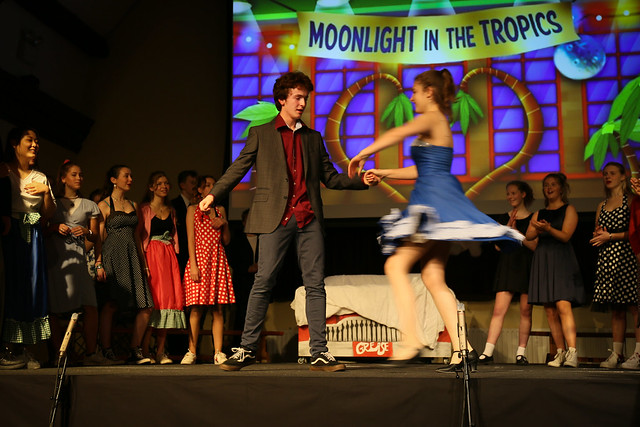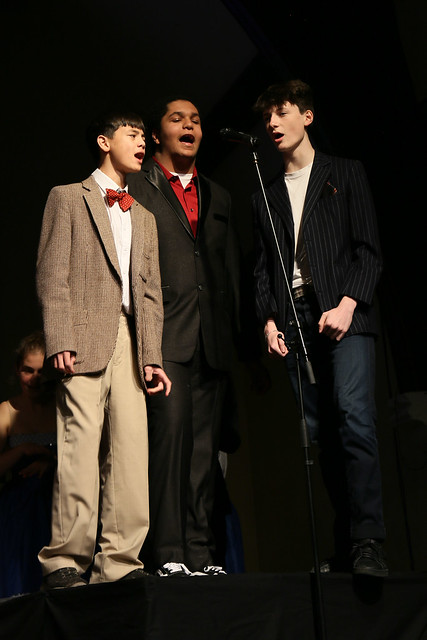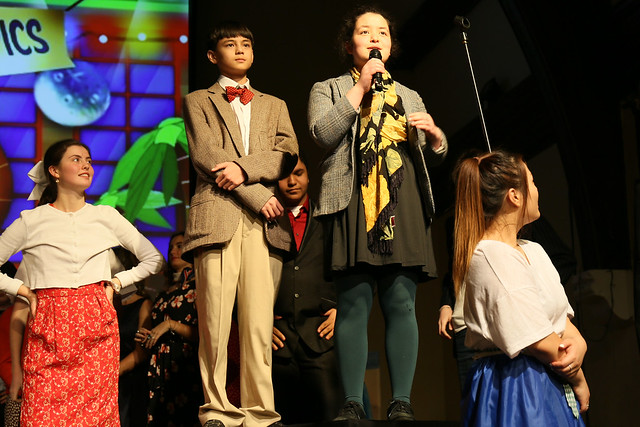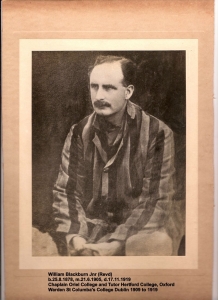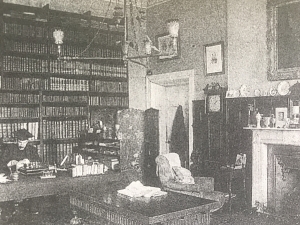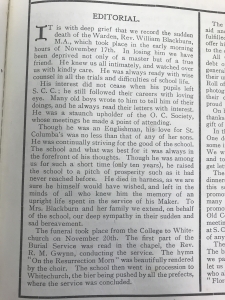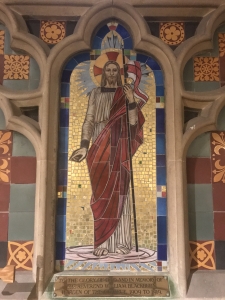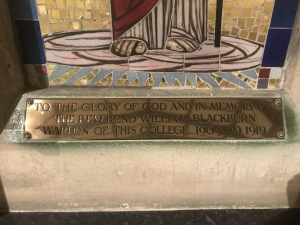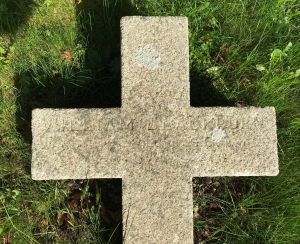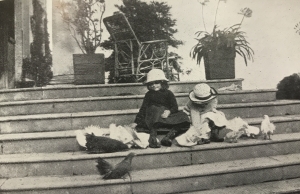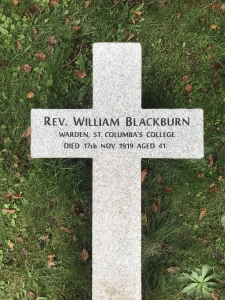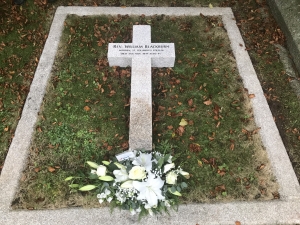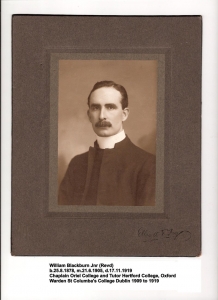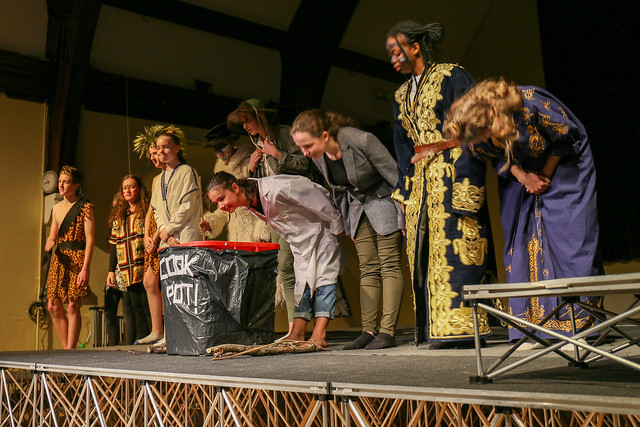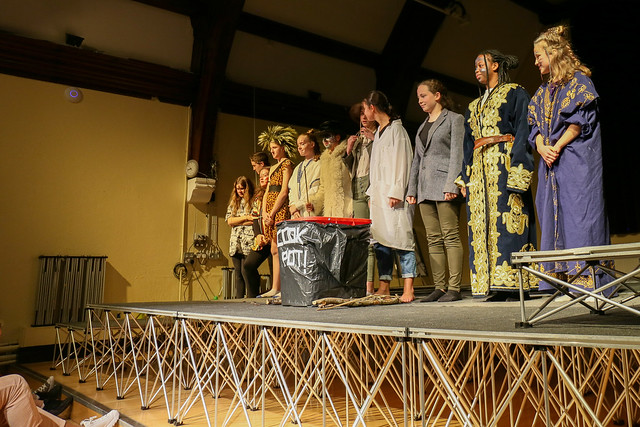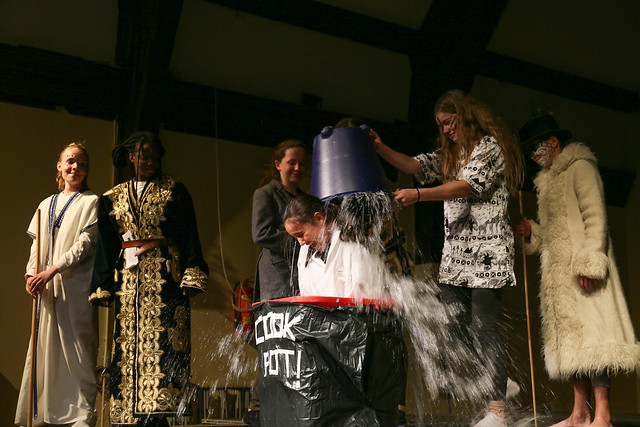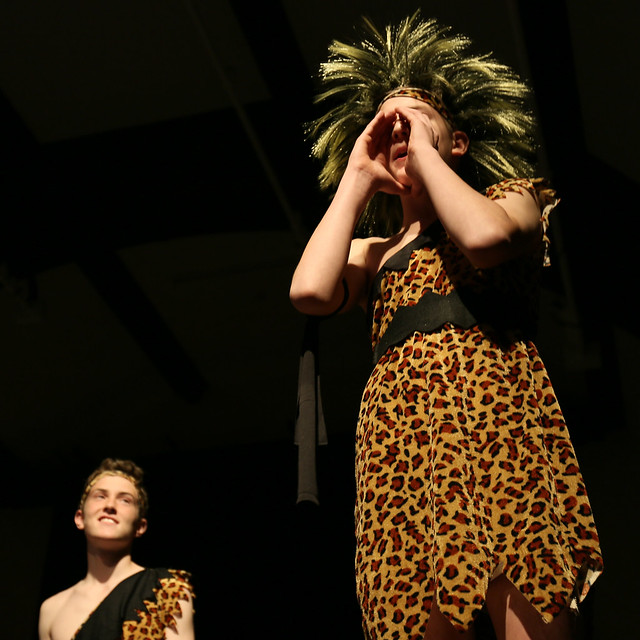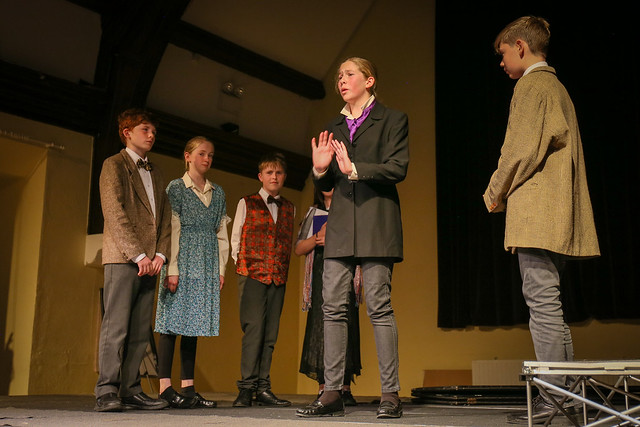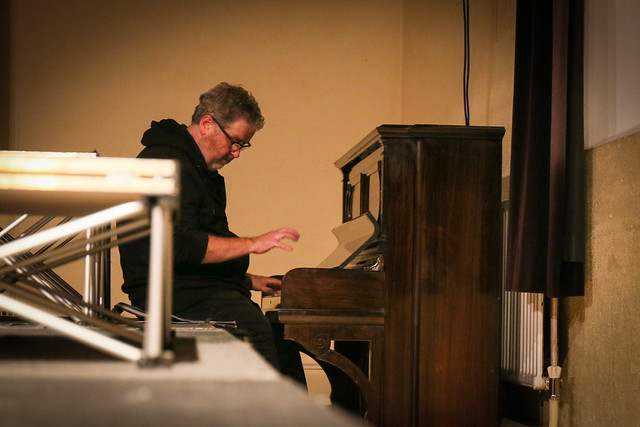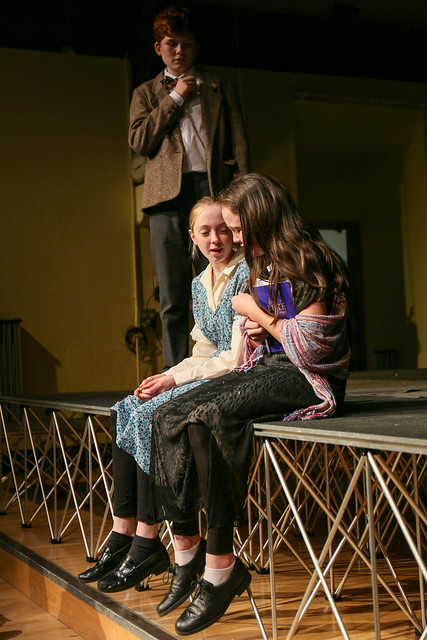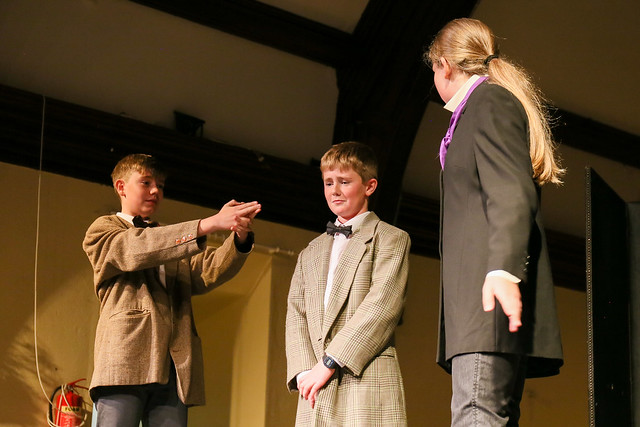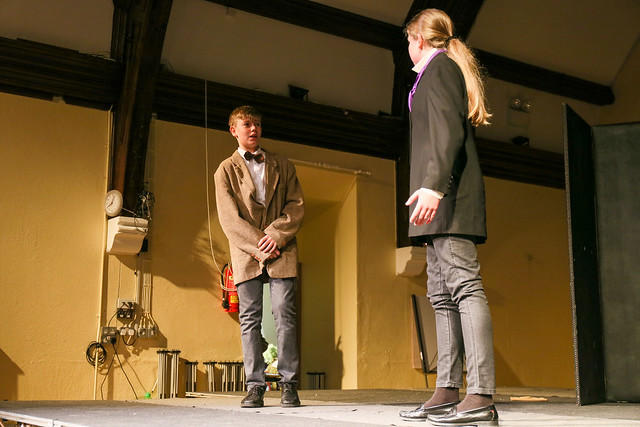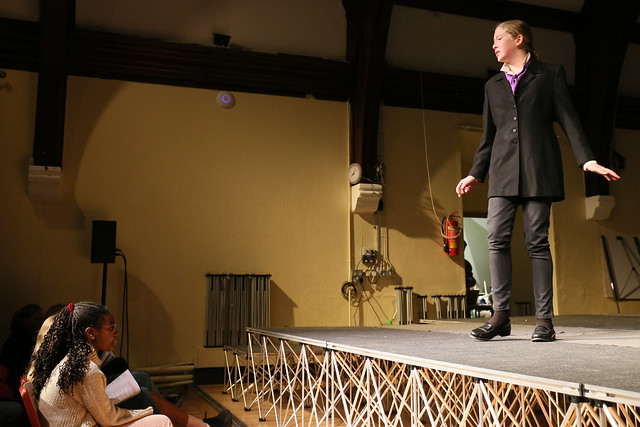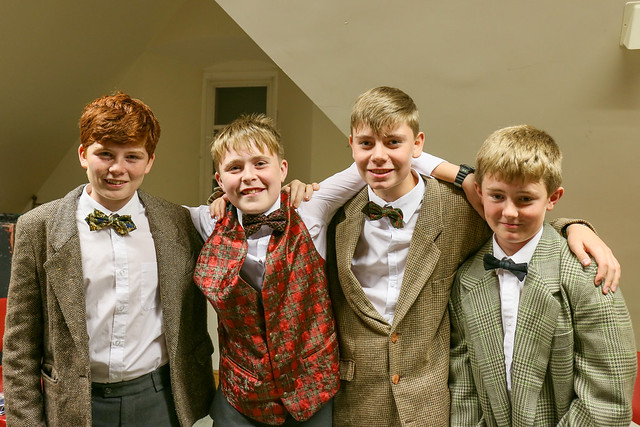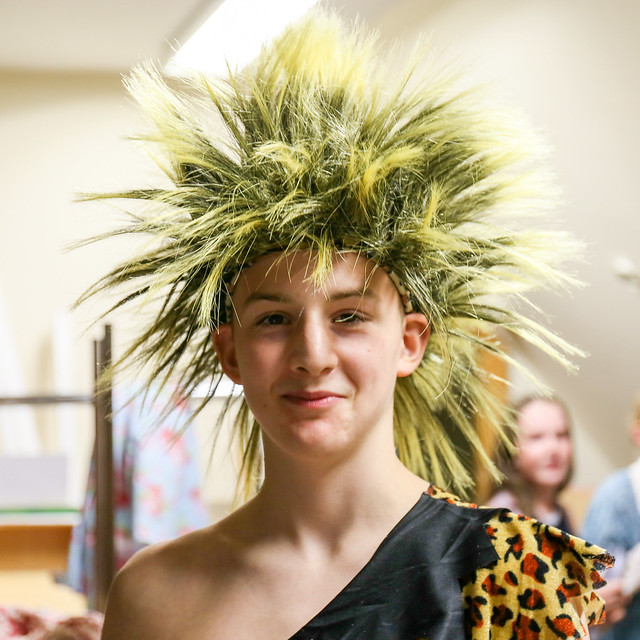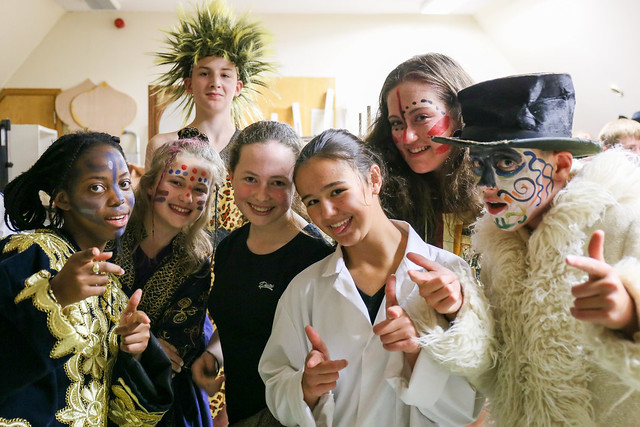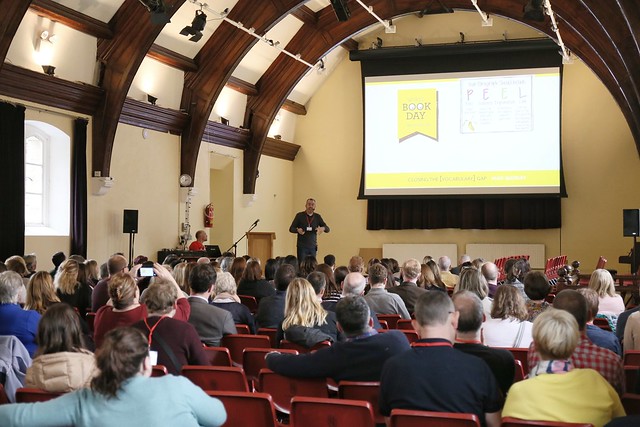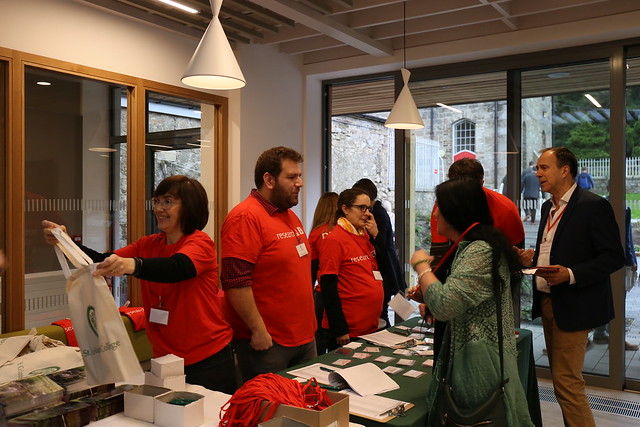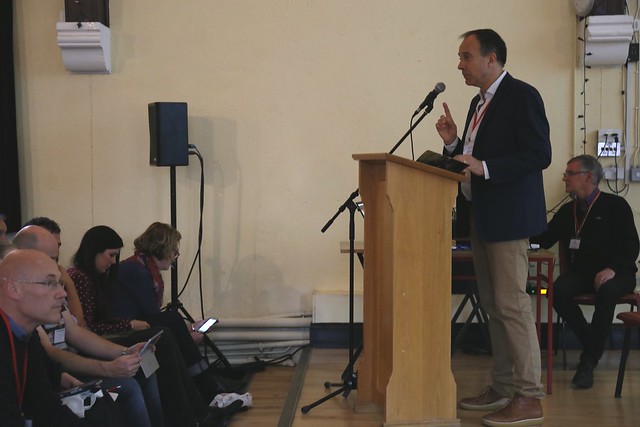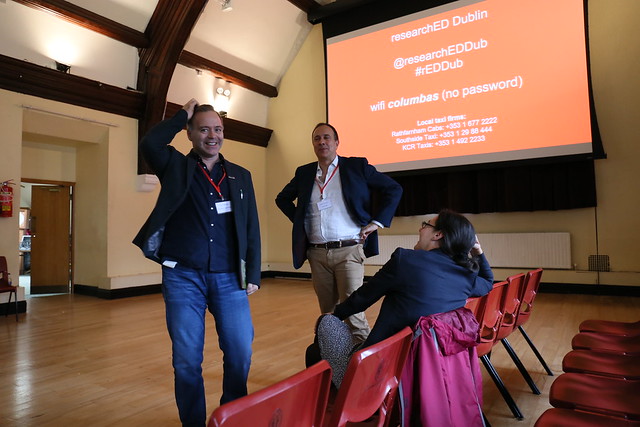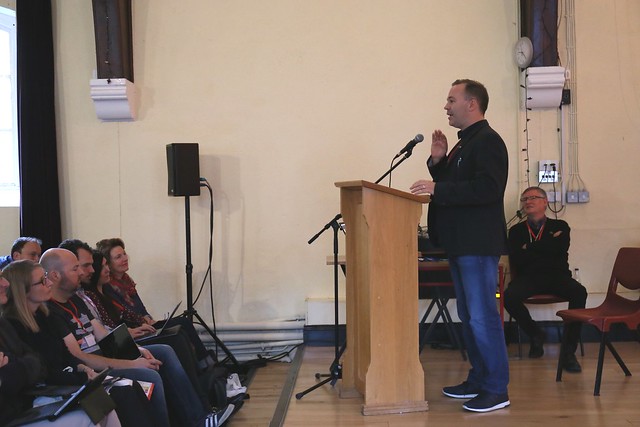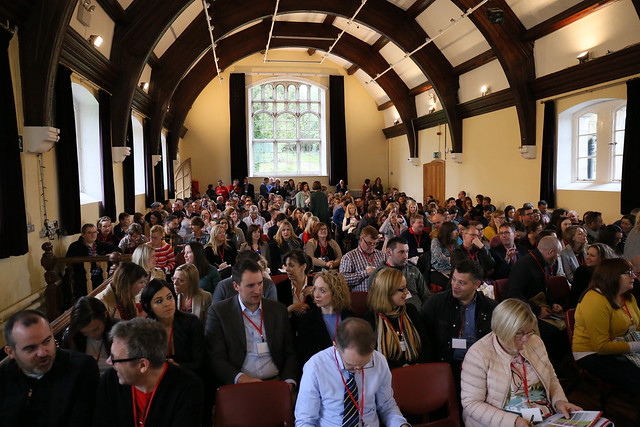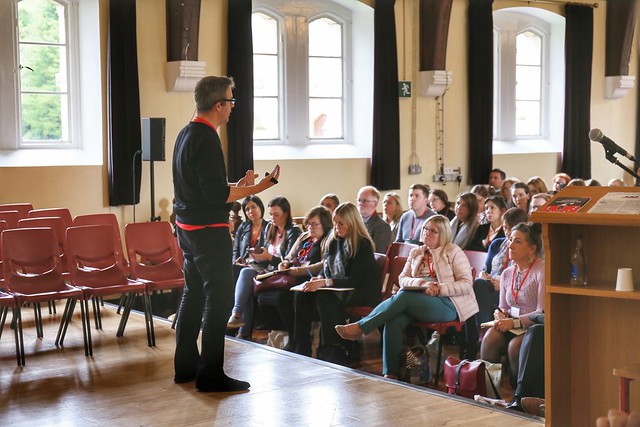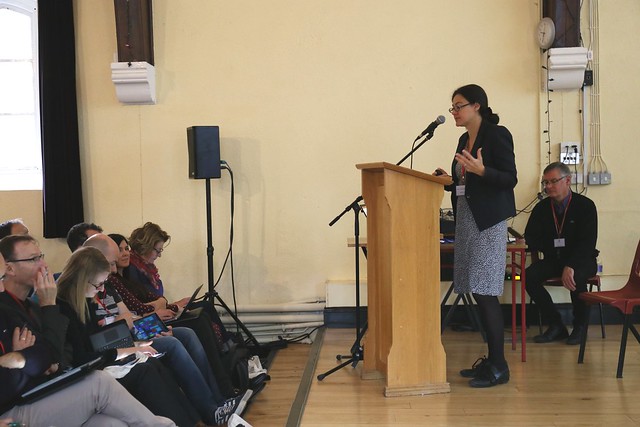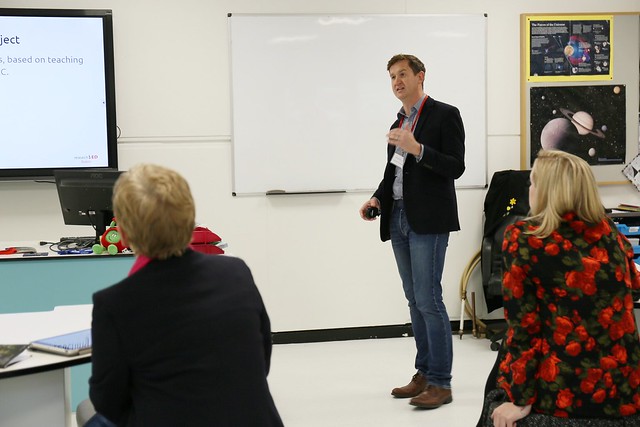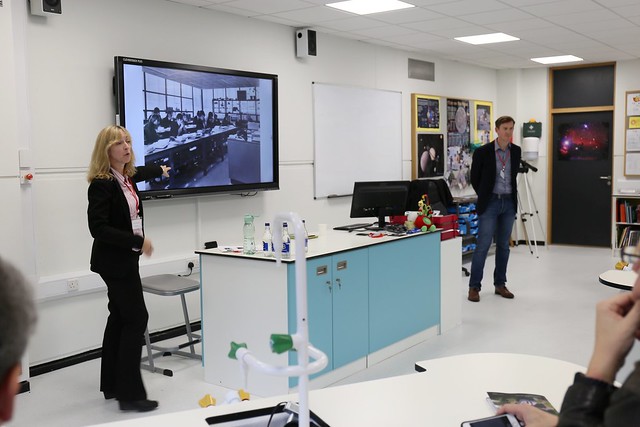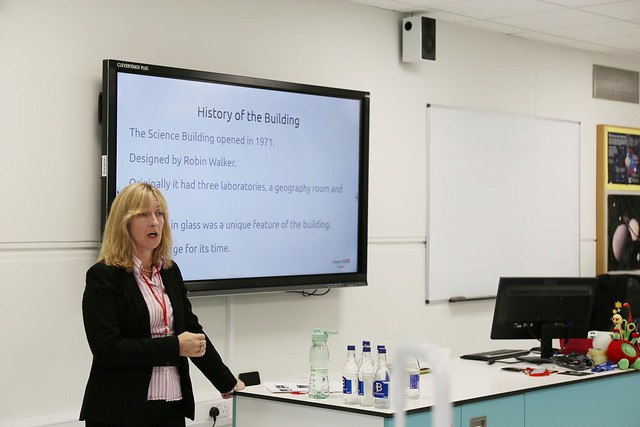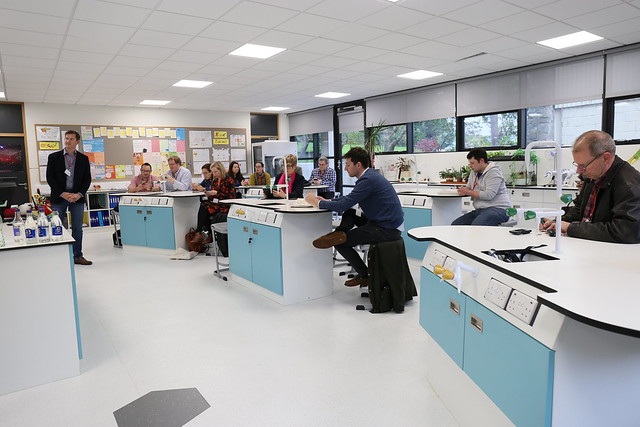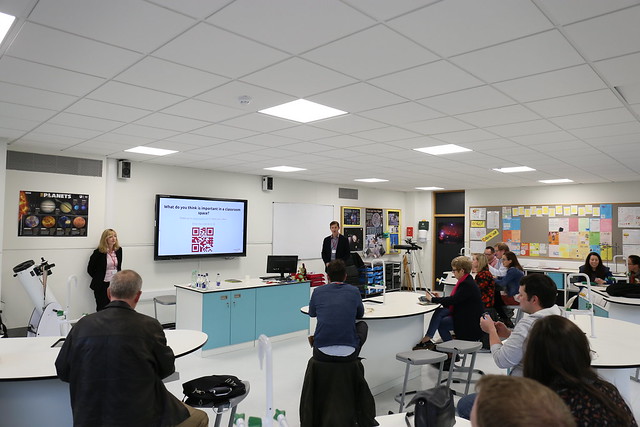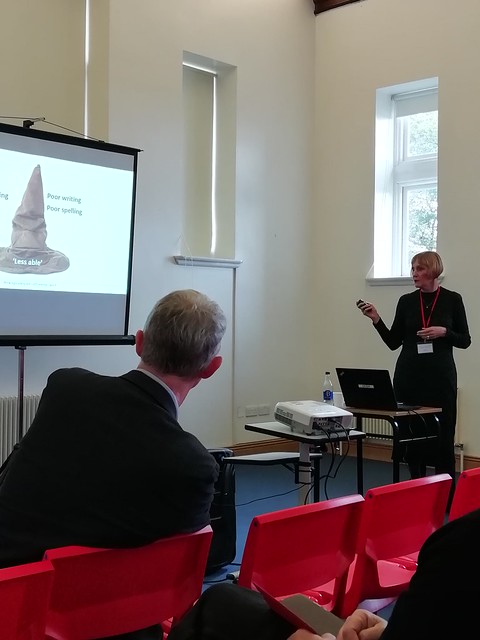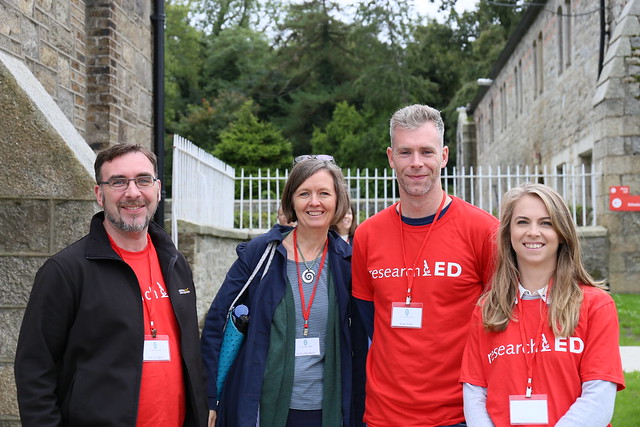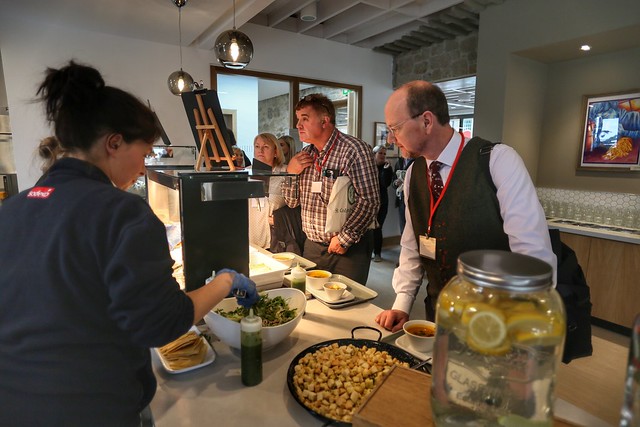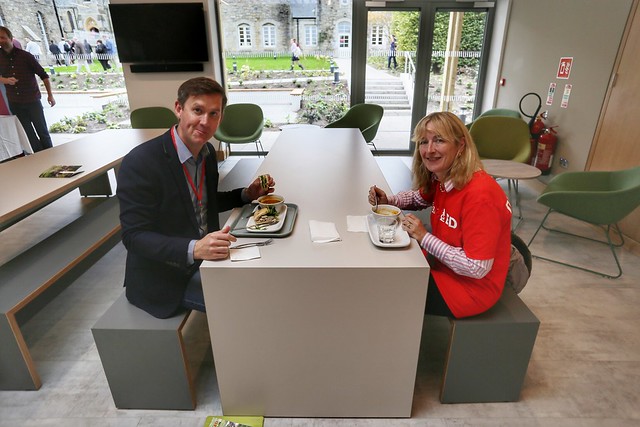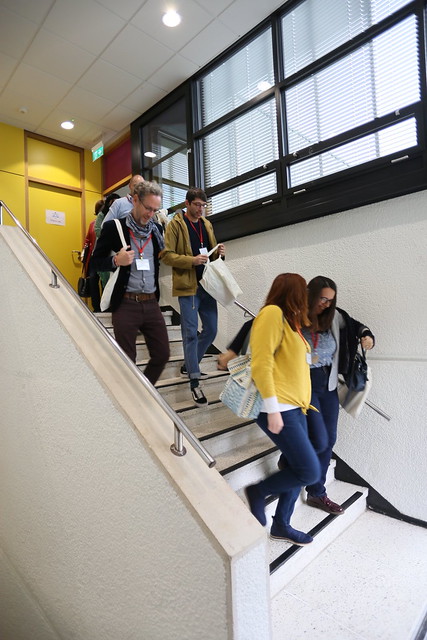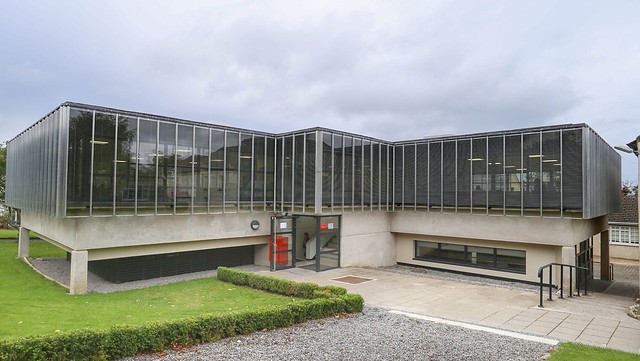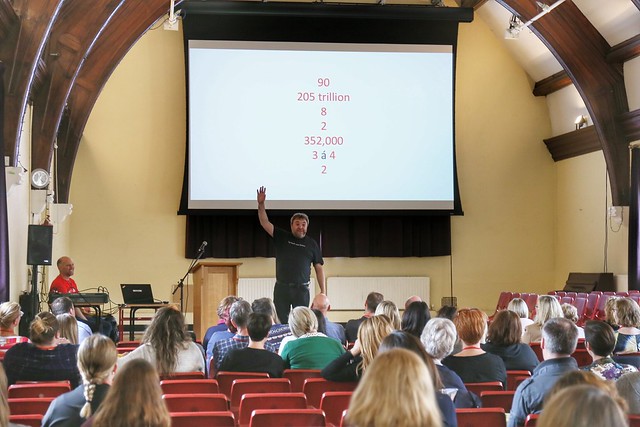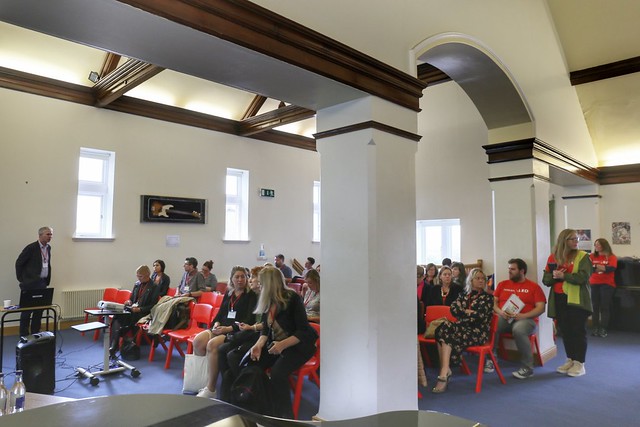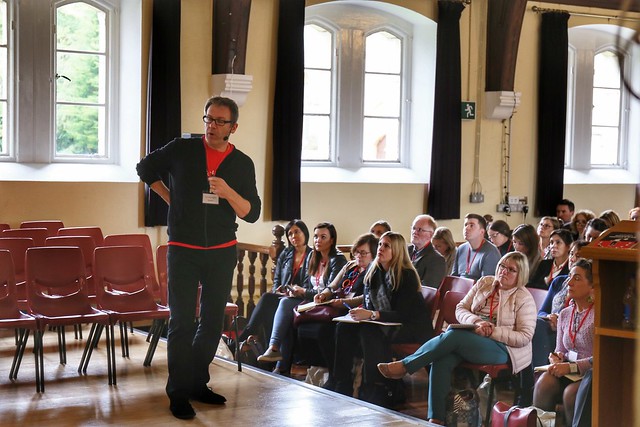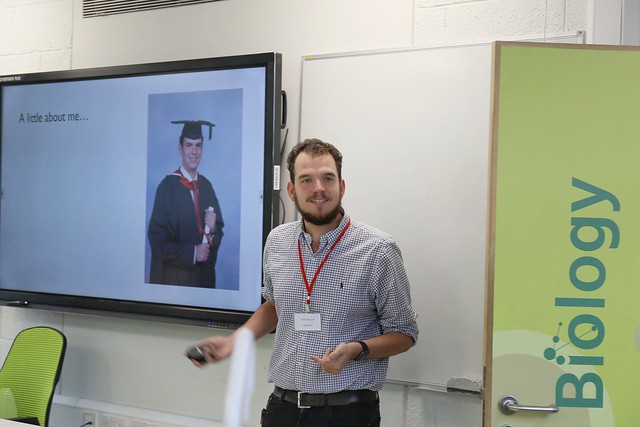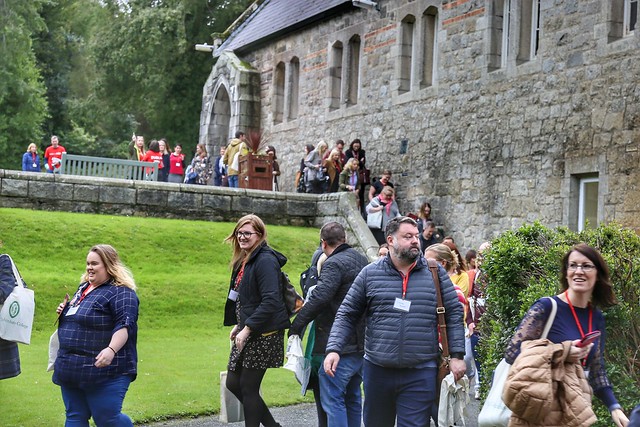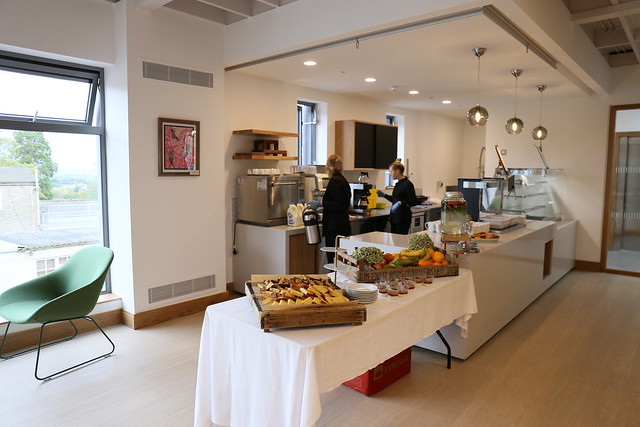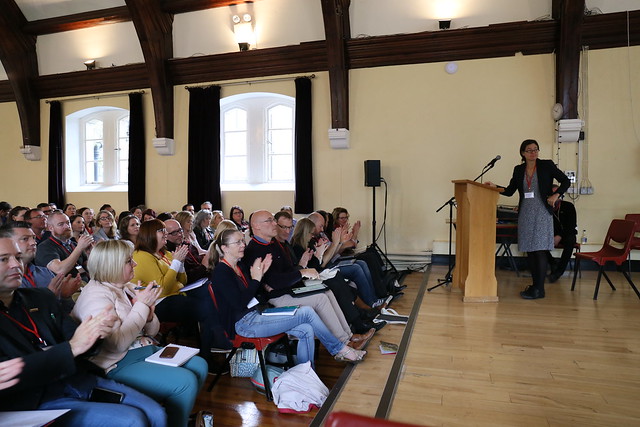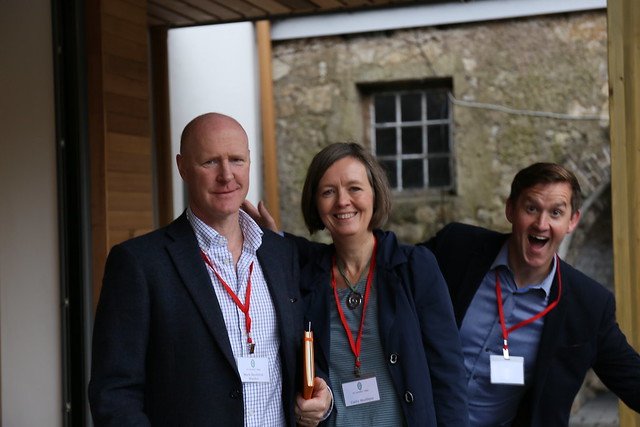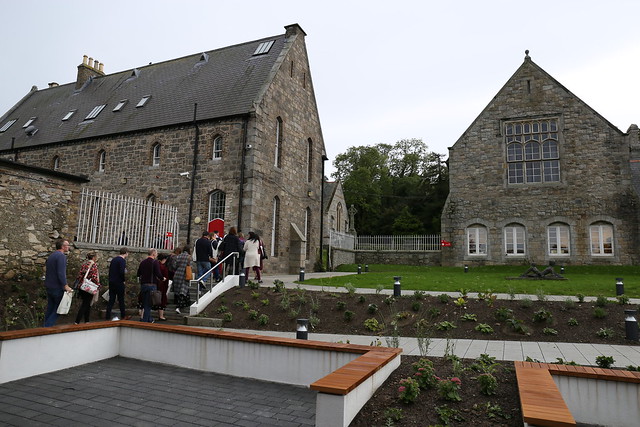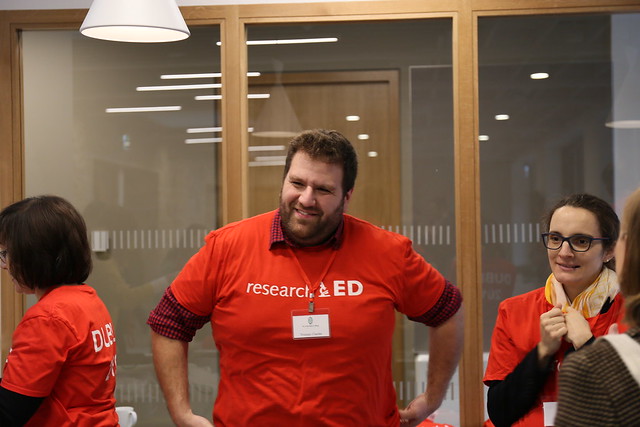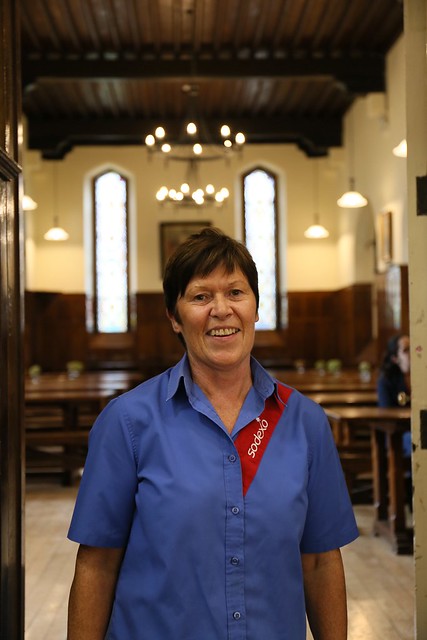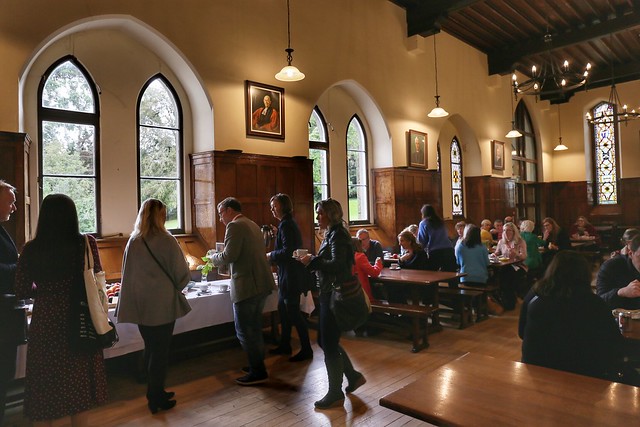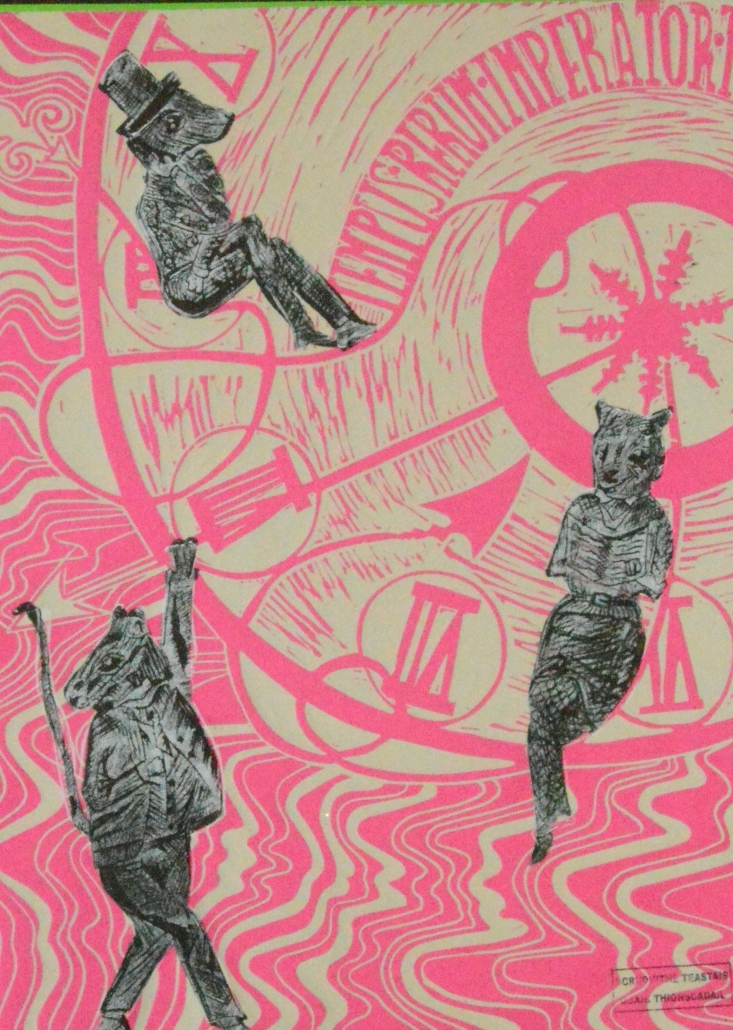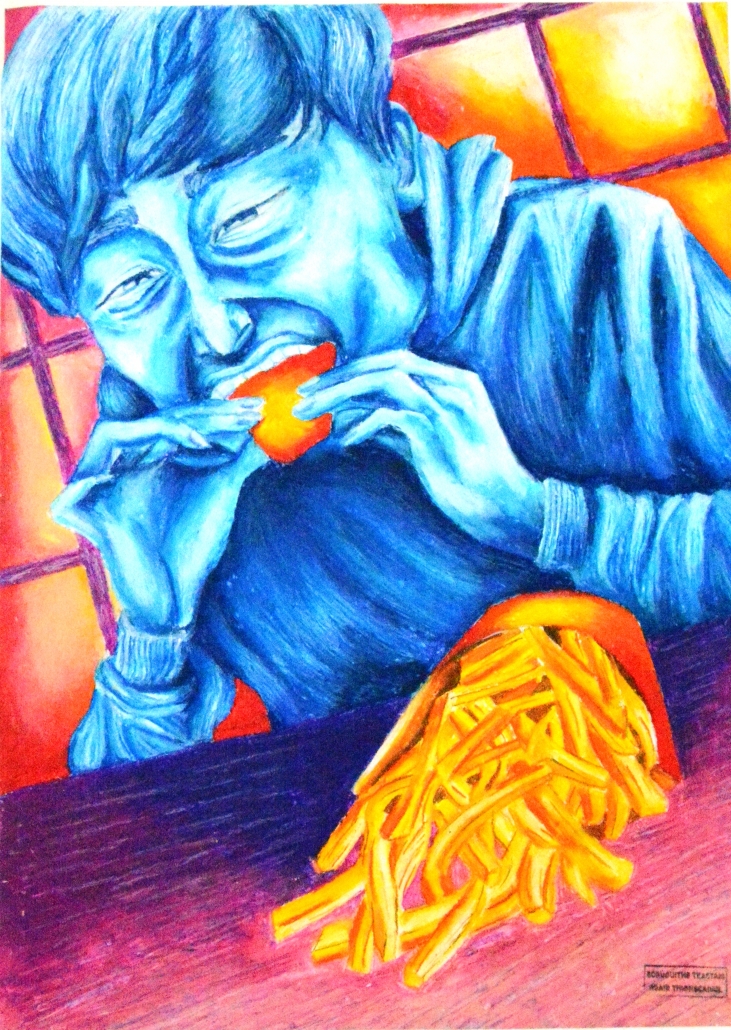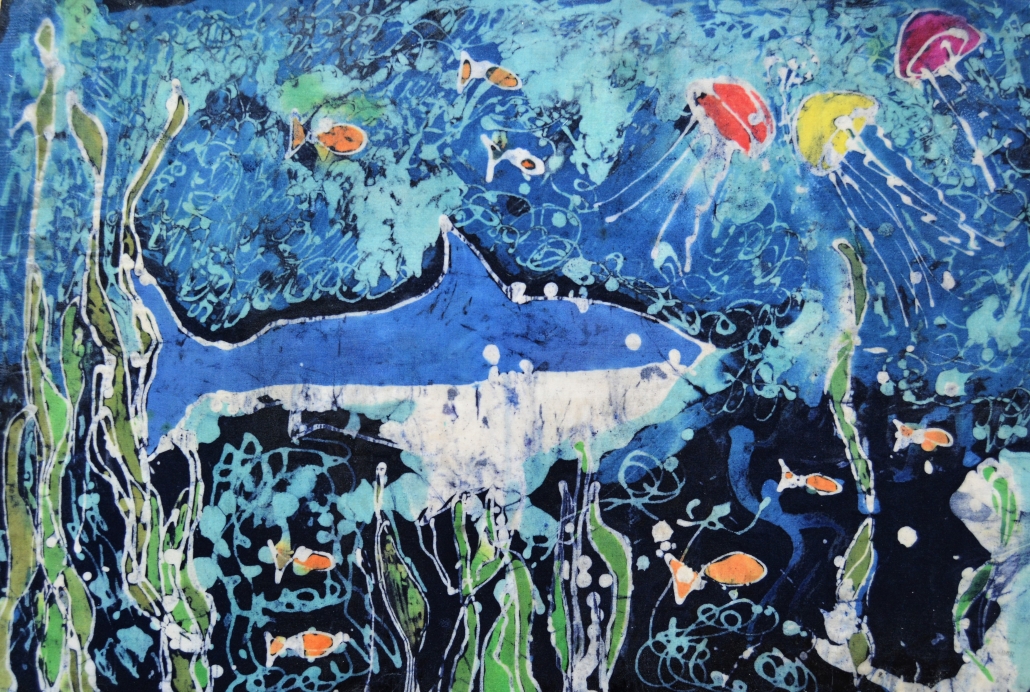Science teacher (and closet musical theatre fan) Humphrey Jones reviews last weekend’s performance of Grease.
I turned forty a few months back. Almost exactly one year earlier the movie Grease reached a similar milestone: it has aged far better than I have. The music still remains as catchy as ever and the dialogue is still relevant (to all audiences); it remains witty, more than a little bit rude, cheeky and full of innuendo. I have particularly fond memories of watching Grease as a young lad and aspiring to be as cool as Danny Zuko. I never was (and sadly never will be). The prospect of watching a school performance of this well-loved musical, I must admit, made me a tad nervous. How would a young cast, from Forms I right through to VI, do the classic songs, dialogue and dance routines any sort of justice? However, as it turned out, there was no need to doubt them.
The College production of Grease delighted and entertained. Performed over three cold November nights the young cast brought huge enthusiasm and energy to the stage. They sang their hearts out, danced with gusto and delivered their lines with perfect dramatic and comedic timing. As a full cast, they did remarkably well. My biggest disappointment with the original movie was that some of the characters were almost too cool, too gritty and were old beyond their years (the actors, of course, were much older than the characters they portrayed). The younger cast in this production softened the story a little which, in my opinion, was a good thing. I’m not sure if that was deliberate or not but deserved credit to the team of directors (Ronan Swift, Geraldine Malone Brady and Tristan Clarke) for nurturing the clearly natural talent of the young cast.
And what talent! The lead actors, Emily McCarthy (Sandy) and Marcus O’Connor (Danny), were both excellent. Emily’s powerful yet melodic voice perfectly suited the role and her performance of ‘Hopelessly Devoted to You’ was memorable. Marcus’s performance was natural and nuanced and it was clear he had studied Travolta’s Danny. They worked really well together, particularly as a singing partnership. It was hard to believe that they’re in Form III and IV respectively. No doubt we will see them on stage again in the coming years.
Jack Hayes (Kenickie), Abigail O’Brien (Rizzo), Songyon Oh (Marty), Peter Taylor (Doody), Leo Moreau (Sonny) and Sakhile Khumalo (Roger) were all perfectly cast and gave brilliant vocal performances. Imogen Casey (Frenchy) caught the naivety of her character superbly while Stella Jacobs (Jan) was energetic throughout (she even managed to do some cartwheels during the final number). Phoebe Grennell (Patty) was cast in her role just two weeks before the first performance but you would have never guessed; she was convincing and confident whenever she was on stage. Oscar Yan (Teen Angel) brought the house down with his rendition of ‘Beauty School Dropout’ (I still love the line “Missed your midterms and flunked shampoo”). The surprise packages were Alex Hinde (Eugene) and Nelly Ploner (Cha-Cha) who momentarily commanded the stage during their “dance” number (some say Alex may never recover). Nelly, it must be said, took a relatively minor character in the original production and brought her front and centre. As a whole, the school dance scene was brilliantly done and huge credit to Fearghal Curtis and Edel Shannon too for their clever and tight choreography of the hand-jive (and other dance numbers). All these young actors, it must be said, were supported by a strong ensemble of would-be ‘Pink Ladies’ and ‘T-Birds’. The whole cast performed with zest and without inhibition – again credit to the team of directors in facilitating this.
The cast were accompanied by an extremely slick live band and looked every bit the part thanks to Karen Hennessey and her team in the costume room. The set design was minimal with the colourful digital backdrops, projected onto the large screen behind the stage, more than adequately setting the scenes. The Art Department, in particular Lynn Murphy and her pupils, prepared some additional props including the famous Grease Lightning car. There were many more individuals involved in the production, far too numerous to mention here.
All in all, everyone involved in Grease should be extremely proud of their efforts. They took a challenging musical, with challenging themes, and more than did it justice. Everything about Grease was excellent: the music, the dancing, the singing, the acting. There have been some unforgettable College musicals in recent years (Oklahoma and Guys & Dolls come to mind) but Grease will live long in the memory for me, for many reasons. Vince Fontaine (played by Guy Fitzgibbon) famously says in Grease “It doesn’t matter if you win or lose, it’s what you do with your dancin’ shoes”. This young cast clearly worked those dancin’ shoes: they were all winners!
Humphrey Jones (Teacher & closet musical theatre fan)

